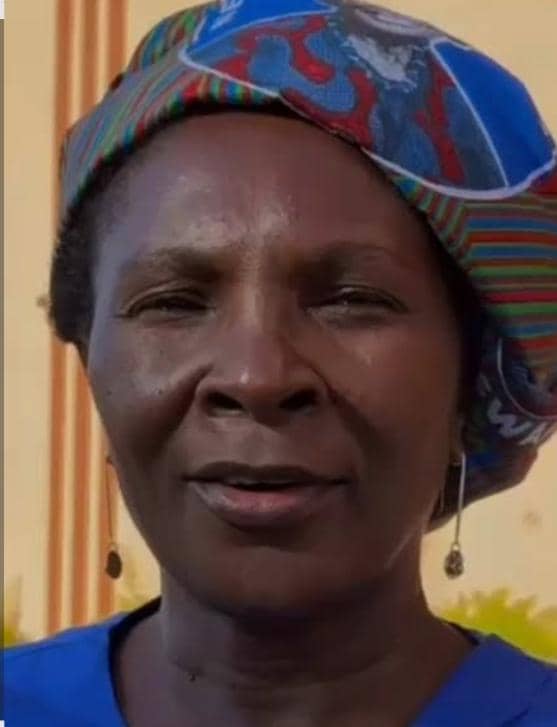THE number of cars repossessed by banks increased by 28 per cent during the first quarter of the year, according to the Bank of Namibia.
Helene Badenhorst, Head of Corporate Communications at the Bank of Namibia (BoN), told The Namibian that the total number of vehicles sold during the first quarter of 2008 also was 1,1 per cent lower than in the last quarter of 2007. Sales of commercial vehicles were particularly low, she indicated.”The prospects for the rest of the year look good and it is expected that the economy could still expand by about 4 per cent in 2008.Overall the fundamentals of the Namibian economy remain favourable as reflected in low and sustainable debt and a healthy external current account balance,” Badenhorst said.South African financial institutions have indicated that up to 5 000 vehicles a month are repossessed in that country due to the sharp increases in interest rates and fuel prices.But Dixon Norval, Head of Strategic Marketing and Communications at FNB Namibia, said the situation was not as grim in Namibia.He said FNB might be repossessing slightly more cars, but “nothing significant”.”We have a prudent philosophy: we’d rather upset some clients by not allowing them financial support, than for them to find themselves in a precarious situation due to difficulty in eventually paying instalments.”Riaan van Rooyen, Head of Corporate Communication at Bank Windhoek, acknowledged that there had been an increase in repossessions by the bank, but added that there had likewise been an increase in the number of vehicles being financed.”There is no significant link we can make between the amount of repossession and the current economic climate.The amount of vehicles being financed in relation to the vehicles being repossessed is consistent with figures before the sudden changes in the economy,” he stated.Jaques Fryer, Marketing Manager for Personal and Business Banking at Standard Bank Namibia, said he could not confirm or deny whether there had been an increase in vehicle repossessions at his bank.He did however state that Standard Bank had launched educational articles in the local media to help people understand and deal with repossession.”Yes, we are aware of the subject, but we are not in a position to make any comments,” he said.Nedbank’s Chief Risk Officer, Andre Venter, told The Namibian that the bank expected more people to default on their home and car loan repayments over the next year.”We are aware that the motor sales industry is going through a very difficult period as economic conditions are making business harder, but can confirm that there has not been an obvious increase or decrease in asset financing of new sales.”There has however been a substantial increase in defaults on loans for vehicle financing, mainly attributed to the increasing fuel costs and inflation, although these remain less than new financing agreements,” he said.Sales of commercial vehicles were particularly low, she indicated.”The prospects for the rest of the year look good and it is expected that the economy could still expand by about 4 per cent in 2008.Overall the fundamentals of the Namibian economy remain favourable as reflected in low and sustainable debt and a healthy external current account balance,” Badenhorst said.South African financial institutions have indicated that up to 5 000 vehicles a month are repossessed in that country due to the sharp increases in interest rates and fuel prices.But Dixon Norval, Head of Strategic Marketing and Communications at FNB Namibia, said the situation was not as grim in Namibia.He said FNB might be repossessing slightly more cars, but “nothing significant”. “We have a prudent philosophy: we’d rather upset some clients by not allowing them financial support, than for them to find themselves in a precarious situation due to difficulty in eventually paying instalments.”Riaan van Rooyen, Head of Corporate Communication at Bank Windhoek, acknowledged that there had been an increase in repossessions by the bank, but added that there had likewise been an increase in the number of vehicles being financed.”There is no significant link we can make between the amount of repossession and the current economic climate.The amount of vehicles being financed in relation to the vehicles being repossessed is consistent with figures before the sudden changes in the economy,” he stated.Jaques Fryer, Marketing Manager for Personal and Business Banking at Standard Bank Namibia, said he could not confirm or deny whether there had been an increase in vehicle repossessions at his bank.He did however state that Standard Bank had launched educational articles in the local media to help people understand and deal with repossession.”Yes, we are aware of the subject, but we are not in a position to make any comments,” he said.Nedbank’s Chief Risk Officer, Andre Venter, told The Namibian that the bank expected more people to default on their home and car loan repayments over the next year.”We are aware that the motor sales industry is going through a very difficult period as economic conditions are making business harder, but can confirm that there has not been an obvious increase or decrease in asset financing of new sales.”There has however been a substantial increase in defaults on loans for vehicle financing, mainly attributed to the increasing fuel costs and inflation, although these remain less than new financing agreements,” he said.
Stay informed with The Namibian – your source for credible journalism. Get in-depth reporting and opinions for
only N$85 a month. Invest in journalism, invest in democracy –
Subscribe Now!










